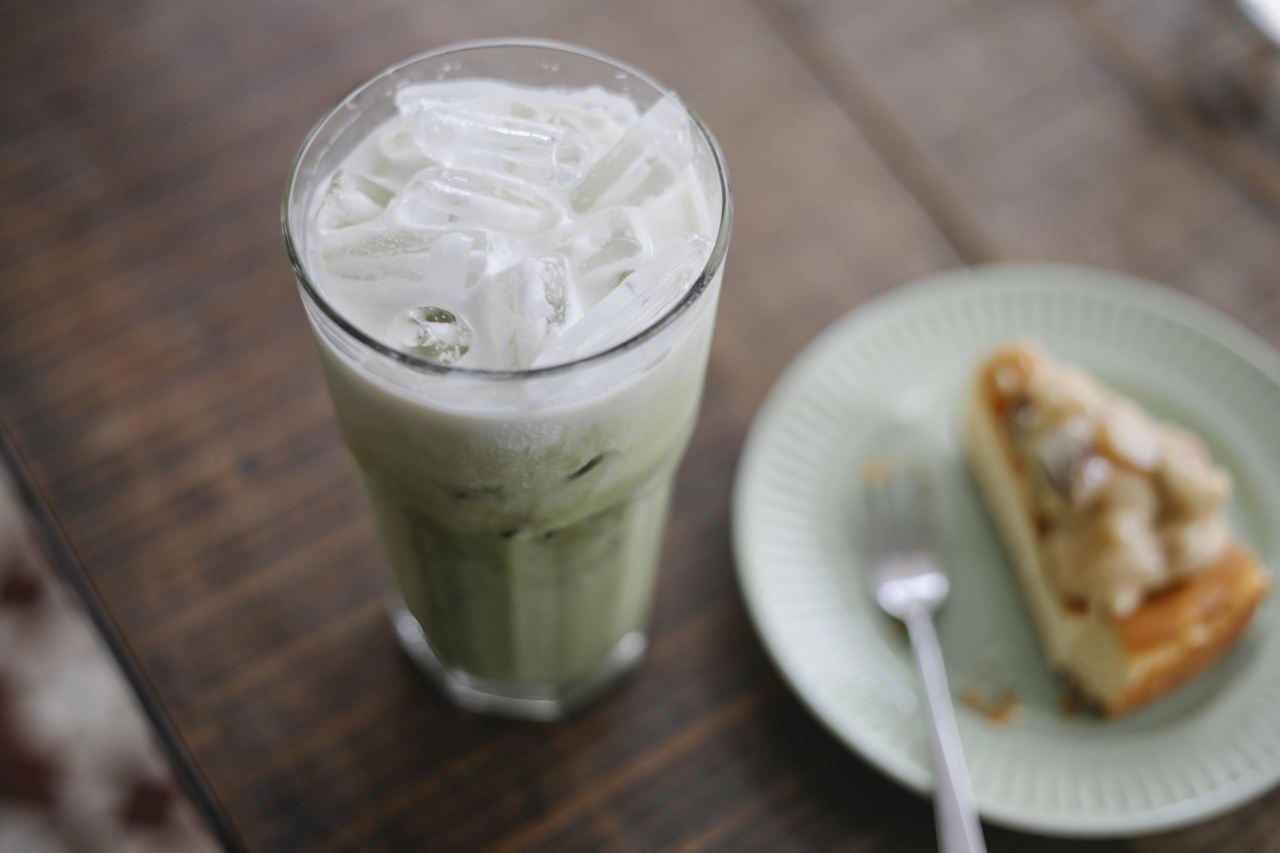If you’re a green tea lover and are looking for a new way to switch up your tea routine, you may want to consider making the switch to matcha.
While both of these teas come from the same plant, Camellia sinensis, matcha is grown and prepared differently than green tea, and it comes with a number of benefits that you won’t want to miss out on.
What is Matcha?
Matcha is a powdered form of green tea that comes from Japanese tea leaves that are specifically grown under shade. The shade allows the leaves to produce more of the amino acid, theanine, which is what gives matcha its sweet taste.
After harvesting, the leaves are de-stemmed and de-veined before they’re stone ground into a fine powder. This powder is then whisked into hot water to create a frothy, bright green tea.
More Nutrients Than Green Tea
When you drink matcha, you are consuming the whole leaf, which gives you more nutrients than the steeping process of traditional tea. One cup of matcha has about three times more antioxidants than a cup of regular green tea.
In fact, matcha contains a particularly rare compound called EGCG (epigallocatechin gallate), which has been shown to have powerful cancer-fighting properties, particularly with breast, prostate, and lung cancer. Many people drink matcha for these health benefits alone, but the tea also has more benefits to offer.
Boosts Metabolism
Because matcha is made from the whole leaf, the tea is higher in both caffeine and theanine. Caffeine may help with weight management by boosting your metabolism and helping your body burn more calories.
Theanine is an amino acid that can provide a calming effect, counteracting the jittery feeling some people experience with caffeine. The combination of caffeine and theanine makes matcha the perfect alternative to coffee—it provides you with a boost of energy without the crash that often comes later on.
Improves Focus and Concentration
The combination of caffeine and theanine in matcha is also effective at boosting brain function. Matcha can help improve focus, concentration, and memory, making it a great drink to have before a long study or work session.
Calming and Stress Relieving
Matcha’s high theanine content also has stress relieving properties. Drinking matcha has been found to reduce stress levels, anxiety, and depression, all while promoting relaxation and improving attention.
This is a great option for those who have tried other natural calming remedies like chamomile tea, but are looking for something a bit stronger.
Lower Risk of Disease
Matcha is also an alkaline drink. Drinking an alkaline drink helps to balance the body’s pH balance, which can reduce the risk of heart disease, diabetes, and even cancer.
Less Anxiety and Insomnia
One other benefit to drinking matcha over green tea is that matcha doesn’t have as much caffeine as green tea.
Caffeine can cause anxiety and issues with sleep patterns, which is why many people switch to drinking matcha in the afternoon or before bed for a calming and sleep promoting effect.
Matcha vs Green Tea
While matcha and green tea come from the same plant, matcha has a stronger flavor and a more concentrated nutrient profile. Matcha is grown differently and consumed differently, which gives it the added health benefits that green tea doesn’t have.
Green tea is still a healthy option, but if you want all of the health benefits in one drink, matcha is definitely the way to go.
The Verdict – Why You Should Switch to Matcha
Switching to matcha is a true game changer. With all the health benefits that it has to offer, you can’t go back to your regular green tea.
Not only does matcha have great flavor, but it’s also packed with antioxidants, provides better concentration and memory aid, helps fight cancer, reduces stress, promotes relaxation all while balancing your body’s ph balance to prevent diseases. This is one tea that you are going to want to incorporate into your daily routine.































